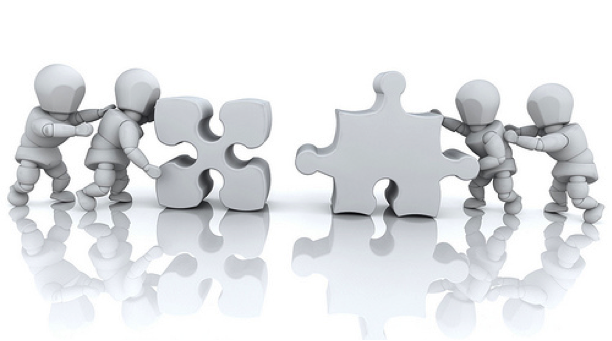
Article by
As someone who has worked as an administrator and teacher at school level and also as a lecturer at college and university levels, I have had the opportunity to observe numerous cases within academia that speak of something fundamentally wrong with our education system and society. It appears as if the quality of education and academic environment are interlinked with social ills.
Imagine that a kid enrolled at a school is taught and disciplined according to the school’s criteria. The kid learns to obey teachers, follow rules and instructions, achieve a good position in academics that earns the praise of teachers. A few years later when the kid has evolved into an adolescent and bid farewell to school, they realize that the school only harnessed machine-like compliance and fear of punishment, enhanced their narcissist strain through lavished praises, and hammered ambition for the highest grades into their system without making them aware of the other side of life where perfection meets compromise and bows down before limitations, where rebellion is tempered by reason without being completely discarded through forced discipline, a life where acknowledgement might be absent or suffused with criticism. Suddenly, the adolescent realizes they are inadequately prepared to face practical life, its tasks and its offering of a varied set of all kinds of people ranging from the very worst to the most benign.
School was ideally supposed to equip them with life-skills, but it did not. As adolescents mature into youngsters, they continue to learn from people, surroundings and events more than from textbooks taught in colleges and universities. The educational system becomes a disappointment because it fails to satisfy intellectual impulses, teach practical life-skills, coach about the complexities pervading in society and guarantee a job.
I have heard various students and teachers at different levels of the educational industry recount their experiences. One teacher from the government sector recounted meeting a student in the eleventh grade who could neither read nor write properly. The said pupil could not get his teacher’s attention at primary and elementary levels because of inadequate teacher-student ratio. But he got promoted because of the policy of passing all students. Another teacher from the private sector revealed how she had counselled her classes to protect themselves from harassment and one female student had tried to confide in her the horror she went through in her personal life. By the time, the teacher earned the child’s trust to help her, shockingly the girl had undergone severe sexual harassment. The child’s mother withdrew her from school and the school administration was also happy to get rid of a problematic case. Another student in the final year of MBBS committed suicide because his parents’ continual fighting had crippled his psychological health. Sadly, no solution exists at institutional level to address the emotional and psychological needs of students. Another student at university level related his teacher’s random marking of exams and assignments and demanding money from students who wanted a better grade.
There are also many problems that teachers face in the system. Indeed, without providing a satisfactory environment to both the teacher and the student, we cannot create a better educational setting. A college teacher was threatened by his students that he would be tortured physically. Many others serve far away from their home and face persistent travel and accommodation problems in the absence of any facilities or departmental assistance. Then, there are those who have no job security. Some behave far beneath their stature of teachers by exploiting their position. Indeed, a variety of students and teachers make up the educational milieu.
The educational system of Pakistan needs much more than a unified curriculum to produce citizens who are not just degree-holders, but are actually learned individuals, skilled youth, and pragmatic citizens instead of lethargic and temperamental creatures. Whatever policy the state makes, it should not be a revolutionary, quick-fix, top-down approach. Much time has already passed, a bottom-up evolutionary approach which is long-lasting in its durability, could undo the damage.. For this, crafting and continuation of healthy policies is a must.
However, policy makers are handed-over inscriptions and instructions by their political bosses. So, those with vested powers need a better sense of the times, have practical understanding of the country’s needs, and should try to promote education not only through policy documents but also through their own actions. A parliament where dialogue is often overruled by chaos, negotiated settlements by ordinances is a reflection of society’s violent and unruly streaks. The people and the leaders need a coordinated effort to be educated in the real sense of the word. Had policies been working in Pakistan, we would have had a better educational standing, better etiquettes, fewer social evils and lesser brain drain. It is time leaders and citizens alike do good rather than merely preach good without acting upon it.
 Monthly "Azeem English Magazine", launched in 2000, records the information about diverse fields like mental health, literature, research, science, and art. The magazine's objective is to impart social, cultural, and literary values to society.
Monthly "Azeem English Magazine", launched in 2000, records the information about diverse fields like mental health, literature, research, science, and art. The magazine's objective is to impart social, cultural, and literary values to society.
+92 51 88 93 092
First Floor, RAS Arcade, Eidhi Market, Street#124, G-13/4, Islamabad, Pakistan, 44000.